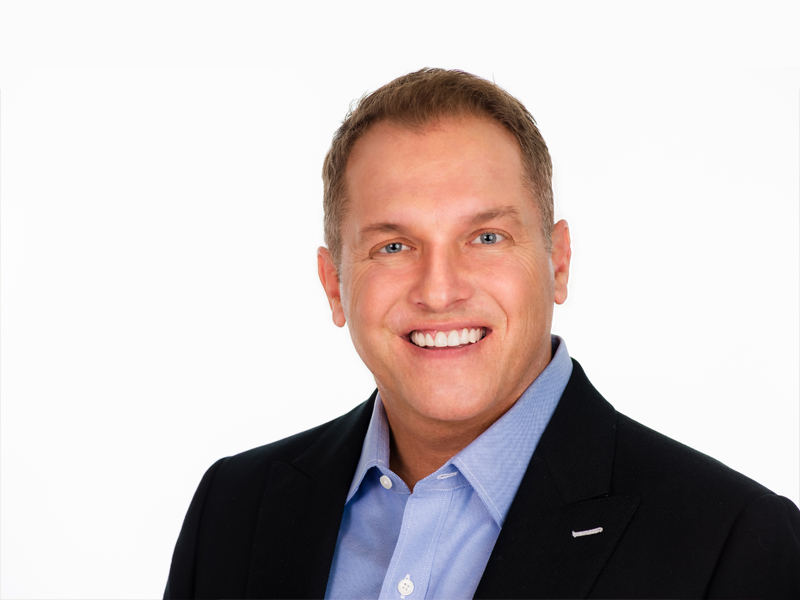There is absolutely no greater skill that can be acquired and constantly worked at, which can have a bigger impact on us personally & professionally than the ability to build an instant rapport with others, whether they are an acquaintance, customer, co-worker, or a total stranger.
Everyone you come in contact with has an invisible sign above their head that reads
‘Make Me Feel Important’!”
Studies have repeatedly shown the happiest people are the ones with the most meaningful relationships. However, developing relationships and building rapport are not taught anywhere. Too often we can be guilty of treating people we come in contact with as a transaction or as a private audience to hear about what is happening in our world. Totally missing an opportunity to make a connection that can potentially enrich both lives.
As a result of us being in the midst of the digital revolution, every generation has significantly less face-to-face interactions and our people skills are eroding. Stephen Covey said, “People don’t listen with the intent of understanding, they listen with the intent of replying.” Most people agree with him.
Scientist studied the human brain and found out it takes a minimum of 0.6 seconds for it to formulate a response to something said to it. Then they studied hundreds of conversations and found the average gap between people talking was 0.2 seconds. How can people be responding in 1/3 the time than the human brain will allow? Obviously people are formulating their responses long before the other person is done talking.
It is human nature to be preoccupied and consumed with what is happening in our world. However, in order to build a connection, our goal needs to be that the other person leaves feeling better for having interacted with us by putting the majority of the focus on them. When we aren’t anxious to tell our story and we can be totally present with someone, that is when the magic happens.
Jim Rohn once said, “The greatest gift you can give someone is the gift of your attention.” The majority of people feel they are pretty good at building rapport with others. Here is how you can prove that you have built a rapport with someone during a conversation. You should know two or more things about their FORD, F.O.R.D.
- Family – Are they married, how old are their kids
- Occupation – what do they do for a living
- Recreation – hobbies, what do they do for fun, with their free time
- Dreams – what are their long-term goals, what is on their bucket list
If you can tell me two or more facts about their FORD, you not only have a relationship, you own the relationship. FORD represents people’s hot buttons, what each individual cares about the most in their world. FORD is what they are passionate about, that make them light up when they are asked about. Constantly using FORD keeps the focus of the conversation on them.
Many of our clients who have call centers use FORD desk pads. Now we don’t want anyone asking a customer calling in to schedule an appointment about their FORD, that would be like a stalker checklist. But as most of you know, you don’t need to ask, people tend to over share. They will say, “I need to reschedule my 3 pm appointment on Wednesday because my daughter’s high school soccer team just made it to district.” However too often we quickly respond, “Ok how about Thursday at 4?” Ducking and dodging away from excellent FORD being thrown at us because we are too task focused. Instead when we capture that FORD and she comes in on Thursday, we can greet her by saying, “How did your daughter’s soccer team do at districts?” She responds surprisingly, “How did you know?” Forgetting that she ever mentioned it.
*Related – John’s TEDx Talk Meet as Strangers Leave as Friends
When you are able to show genuine interest in someone, with the goal of building a relationship, instead of trying to get something out of them, the friendship ends up being the greatest reward.
John R. DiJulius III is a best-selling author of five books on customer experience. He is the Chief Revolution Officer of The DiJulius Group, who consults with companies such as Starbucks, Chick-fil-A, The Ritz-Carlton, KeyBank, PWC, and Nestle.












